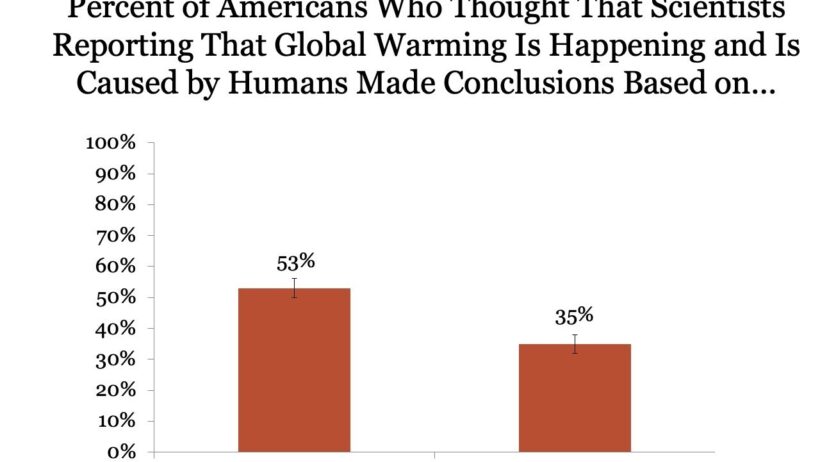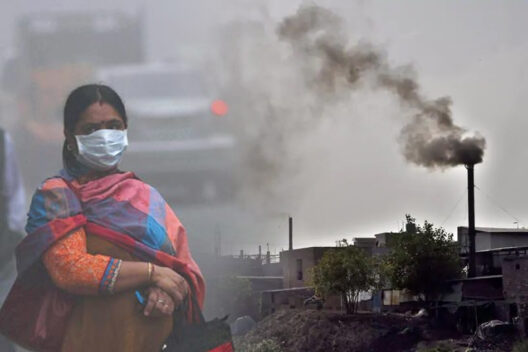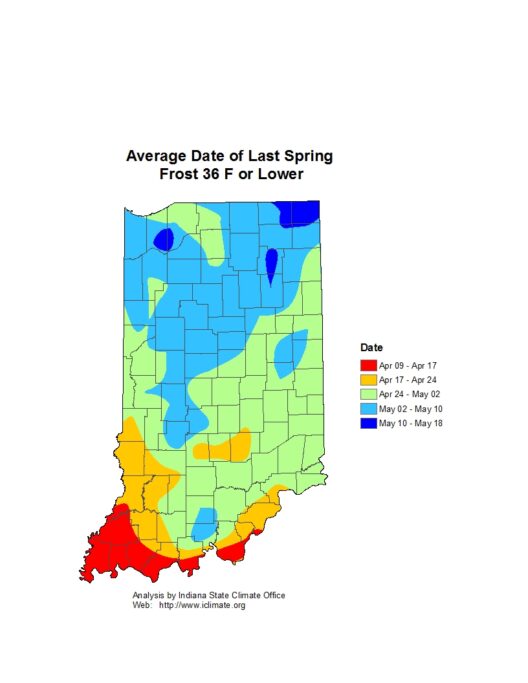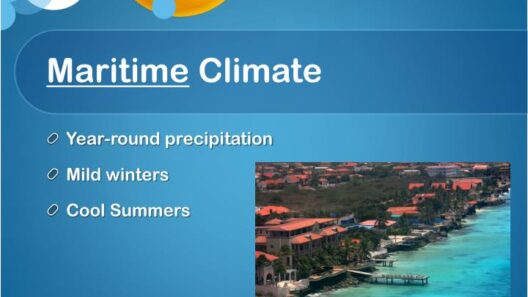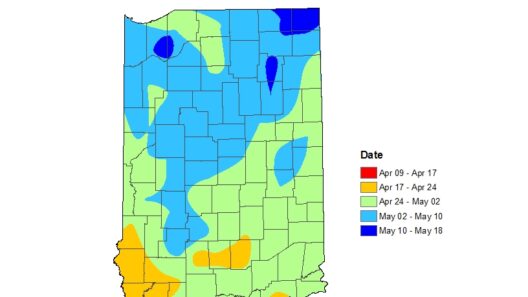The issue of climate change has permeated public discourse for decades, yet varying degrees of belief and skepticism continue to characterize American attitudes toward this pressing global challenge. With natural disasters becoming more severe and the science of climate change advancing, understanding what percent of Americans believe in climate change is crucial for grasping the broader societal implications of environmental policy and advocacy.
Surveys and studies consistently reveal that a significant majority of Americans recognize that climate change is occurring. Recent statistics indicate that roughly 70% of the U.S. population acknowledges the phenomenon. This figure reflects a notable shift in public opinion over the years. Despite political polarization on environmental matters, there appears to be a growing consensus among citizens regarding the reality of climate change.
However, the acknowledgment of climate change does not uniformly translate into a sense of urgency or a call to action. A galling observation is that while many Americans profess to believe in climate change, fewer are informed about its multifaceted implications. Perceptions vary widely by demographic factors such as age, education, and political affiliation. For instance, younger generations tend to express greater concern regarding climate issues compared to their older counterparts, underscoring a generational divide in urgency and engagement.
What accounts for this divide? The interplay of various elements, including socioeconomic status, educational attainment, and media narratives, shapes individuals’ understanding of climate change. Those with higher levels of education are often more likely to acknowledge the scientific consensus surrounding climate change, which can lead to greater advocacy for climate action. Conversely, individuals whose beliefs are shaped by their local economic contexts may be less likely to support aggressive climate measures, perceiving them as threats to their livelihoods.
The role of political affiliation plays a pivotal role in shaping attitudes towards climate change as well. Studies indicate that Democrats and Independents are more likely to express concern over the issue compared to Republicans, who have, in some instances, cast skepticism on the prevailing climate science. This division has implications for policy making, as elected officials often represent the viewpoints of their constituents. The challenge arises when evidence-based scientific recommendations clash with politically driven narratives, leading to gridlock rather than meaningful action.
Media representation further complicates public opinion. Stories about extreme weather events linked to climate change tend to create short-term spikes in concern, yet the frequency and severity of such news cycles can desensitize the audience over time. Disparities also exist in how climate stories are reported, with some outlets prioritizing sensationalism over a balanced discussion, which can further entrench skepticism among certain audiences. Understanding the sources from which people derive their information can illuminate the broader societal attitudes toward climate change.
Another noteworthy aspect is the phenomenon known as ‘climate fatigue,’ wherein individuals become overwhelmed by the data and urgency surrounding climate reports. This emotional exhaustion can manifest in indifference or apathy, making it imperative for advocates to communicate the impacts and solutions of climate change in a more approachable manner. Presenting actionable steps may serve to empower individuals, helping to transform despair into engagement.
Demographic variations also reveal intriguing insights. For instance, people living near coastal areas, who are more directly impacted by rising sea levels, tend to display heightened concern regarding climate change than individuals situated inland. Furthermore, racial and ethnic differences come into play, with communities of color often experiencing disproportionate effects of environmental degradation yet also facing systemic barriers in the political arena that stifle their voices. Addressing these inequities is vital to nurturing a comprehensive understanding of climate change as a social justice issue rather than merely an environmental one.
Moreover, the perception that climate change is a distant problem disproportionately affects the extent to which individuals believe in its consequences. Some Americans perceive climate change as a future threat rather than an immediate crisis, which can lead to procrastination in supporting or enacting climate policy. This temporal disconnect illustrates the need for effective communication that emphasizes both the urgency and existing impacts of climate change, countering the false narrative that it is solely a problem for future generations.
Interestingly, belief in climate change does not equate to support for specific actions or policies. Public opinion polls reveal that many Americans express concerns about climate change but simultaneously prioritize economic growth over environmental regulations. This perspective highlights the tensions between environmental activism and economic interests, suggesting that addressing economic concerns is critical for garnering broader support for climate initiatives.
In conclusion, the question of what percent of Americans believe in climate change serves as a gateway to understanding the nuances of public opinion on this complex issue. The disproportions in belief driven by demographics, political affiliations, and media influences underscore the intricate tapestry of perspectives that define American attitudes toward climate change. Engaging nuances—like climate fatigue, perceptions of urgency, and systemic inequities—will be essential to mobilizing collective action. As society progresses, fostering informed dialogue and building bridges between divergent views will be paramount in addressing the existential threat posed by climate change. The road ahead may be fraught with challenges, yet the foundation for transformative action lies in unraveling the complexities of belief and translating them into pragmatic solutions for a sustainable future.



